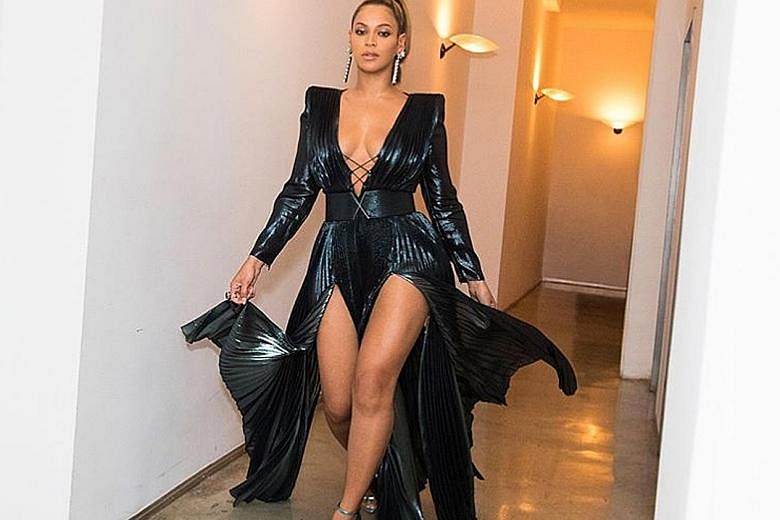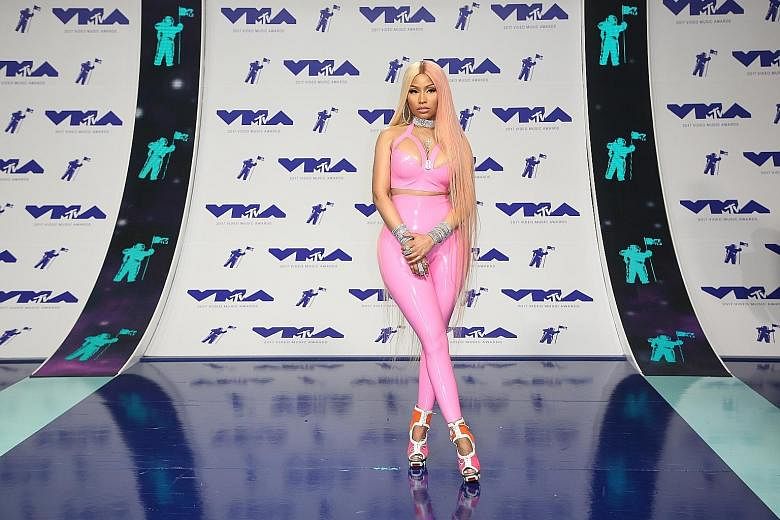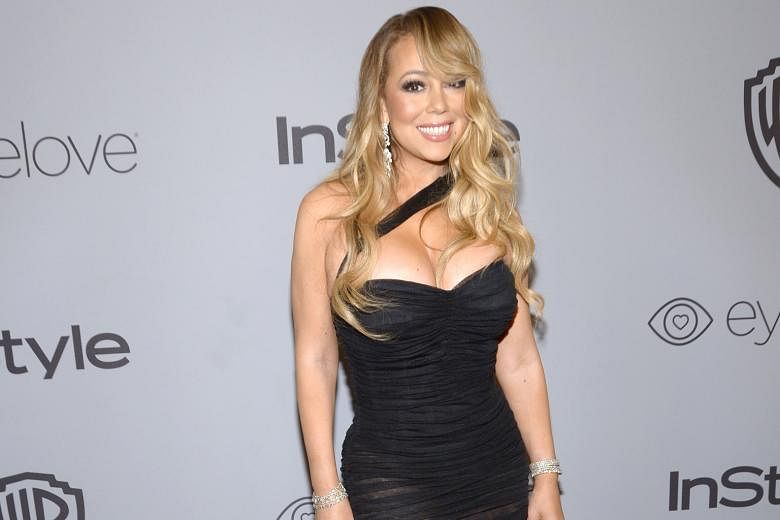WASHINGTON • Pop star Beyonce would not be as popular if she had darker skin, her father has implied.
Matthew Knowles, Beyonce's father and former manager, recently highlighted the issue of colourism - prejudice within a race against someone because of their skin tone - in an interview with Ebony magazine.
"When it comes to black females, who are the people who get their music played on pop radio?" he said. "Mariah Carey, Rihanna, the female rapper Nicki Minaj, my kids (Beyonce and Solange), and what do they all have in common?" The answer is that they have lighter skin.
Knowles gave the interview to discuss his book, Racism: From The Eyes Of A Child, and exposed an unpleasant truth about himself. He admitted that when he was a young man, deeply ingrained colourism led him to date only white or light-skinned black women who appeared white.
He was born in 1952 in Gadsden, a small city in Alabama and he said his experiences in the South led to his prejudice against dark-skinned black women, even though he is black himself."When I was growing up, my mother used to say, 'Don't ever bring no nappy-head black girl to my house,"' he told Ebony. "In the Deep South in the 50s, 60s and 70s, the shade of your blackness was considered important. So I, unfortunately, grew up hearing that message."
With that in mind, he said he "used to date mainly white women or very high-complexion black women that looked white".
When he met Tina Knowles-Lawson, she appeared white to him, he said, which is why he began dating and eventually married her. "I had been conditioned from childhood," he said. "With eroticised rage, there was actual rage in me as a black man, and I saw the white female as a way, subconsciously, of getting even or getting back. There are a lot of black men of my era that are not aware of this thing."
Knowles and Knowles-Lawson were married for 31 years, divorcing in 2011. They issued a statement at the time that said, "We remain friends, parents, and business partners".
Before Knowles spoke out, debate around colourism in music was already raging after VH1 highlighted the problem in its reality show Love & Hip Hop Miami, which debuted in January.
In the first episode, Afro-Latina singer Amara La Negra wants to break into the American music market and enlists the help of producer Elijah "Young Hollywood" Sarraga.
Sarraga said he thought La Negra is talented, but he was hesitant to work with her because she needs to "look a certain way... a little bit more Beyonce, a little less Macy Gray". Sarraga, who is also Latino, continued to demean La Negra. At one point he called her a "Nutella Queen", comparing the colour of her skin to the chocolate-hazelnut dessert spread.
VH1 received backlash online for the show. But executive producer Mona Scott-Young told TheGrio.com she wanted people talking about the issue because "if you aren't talking about something how can you be fostering understanding?"
WASHINGTON POST



